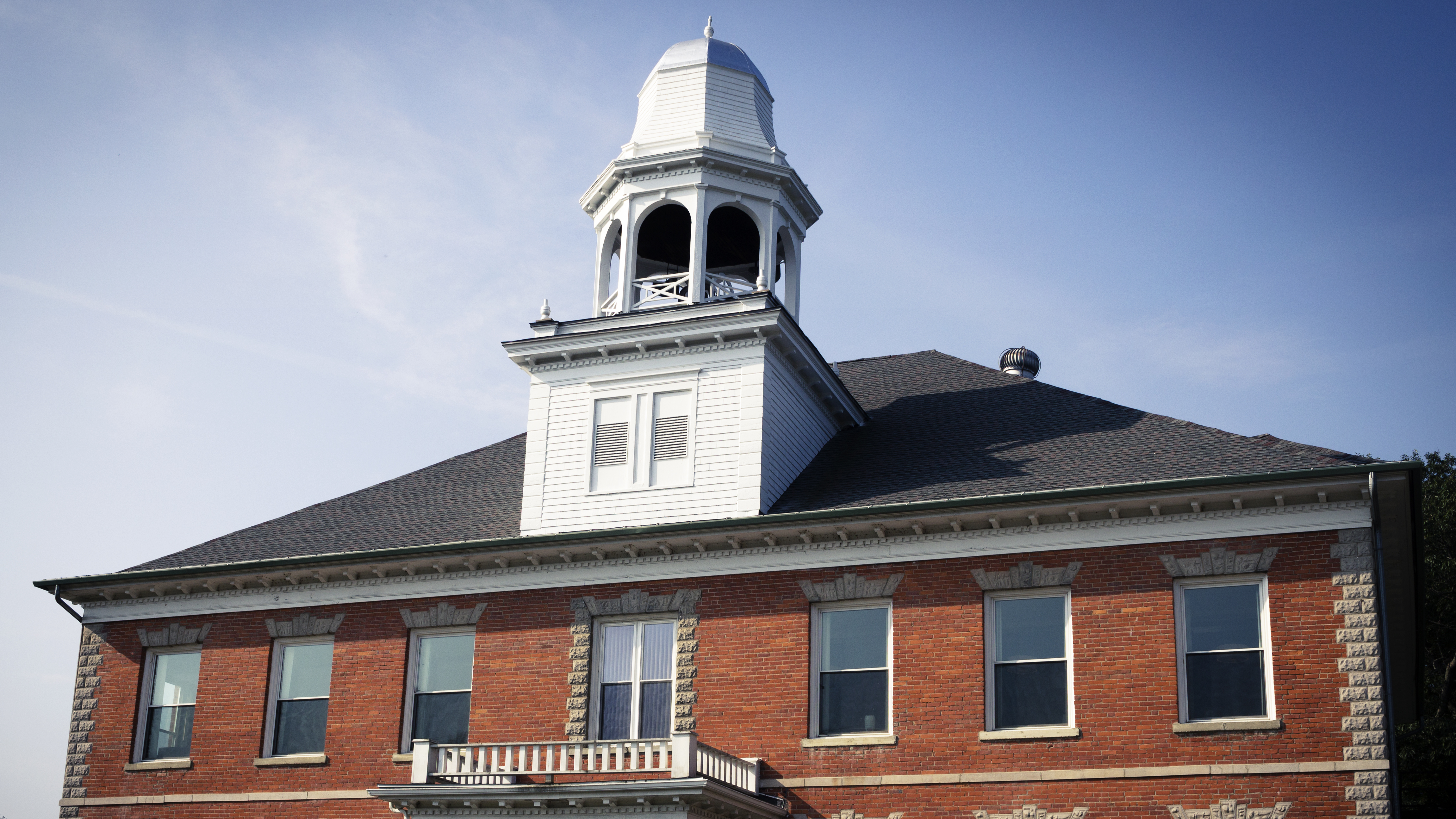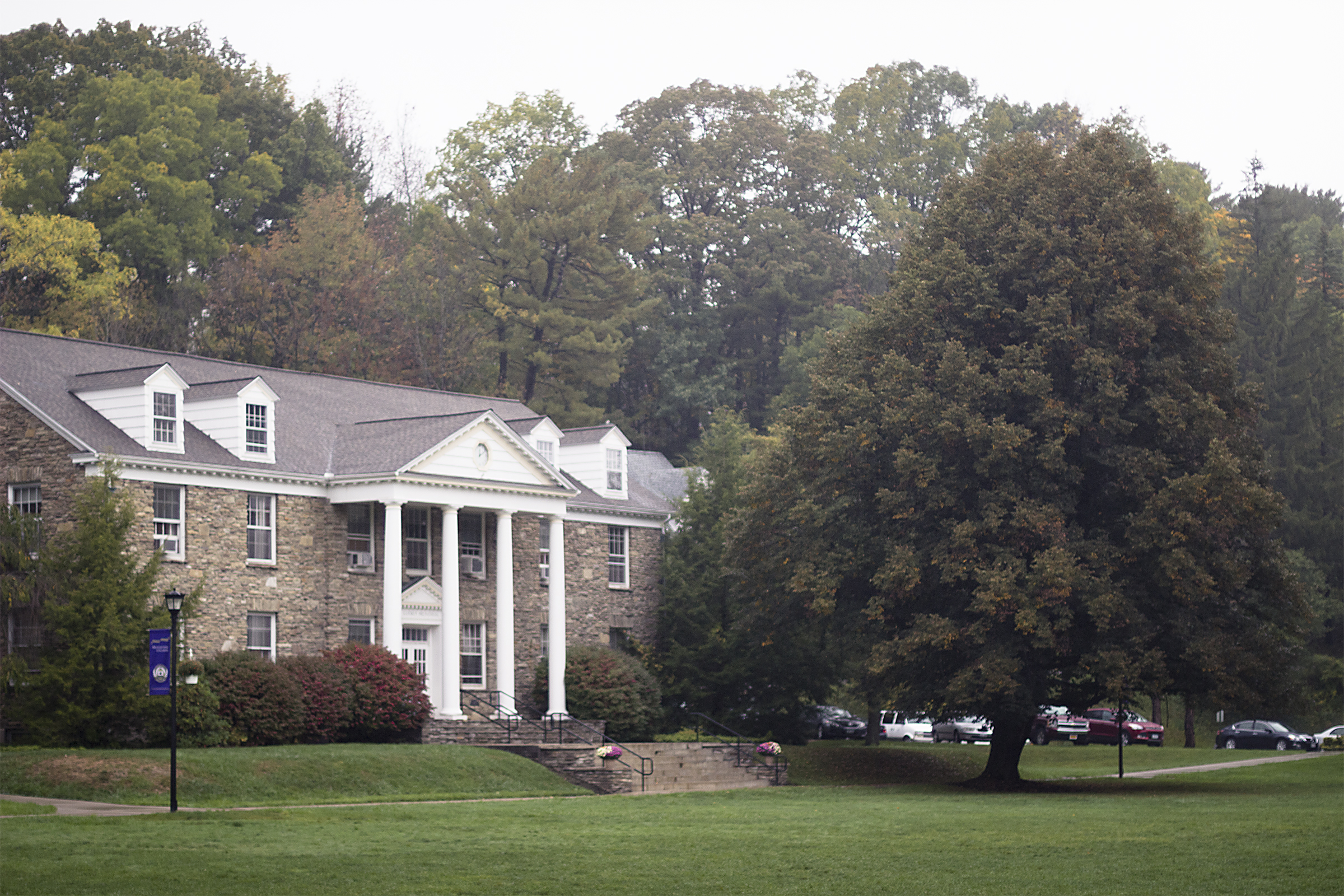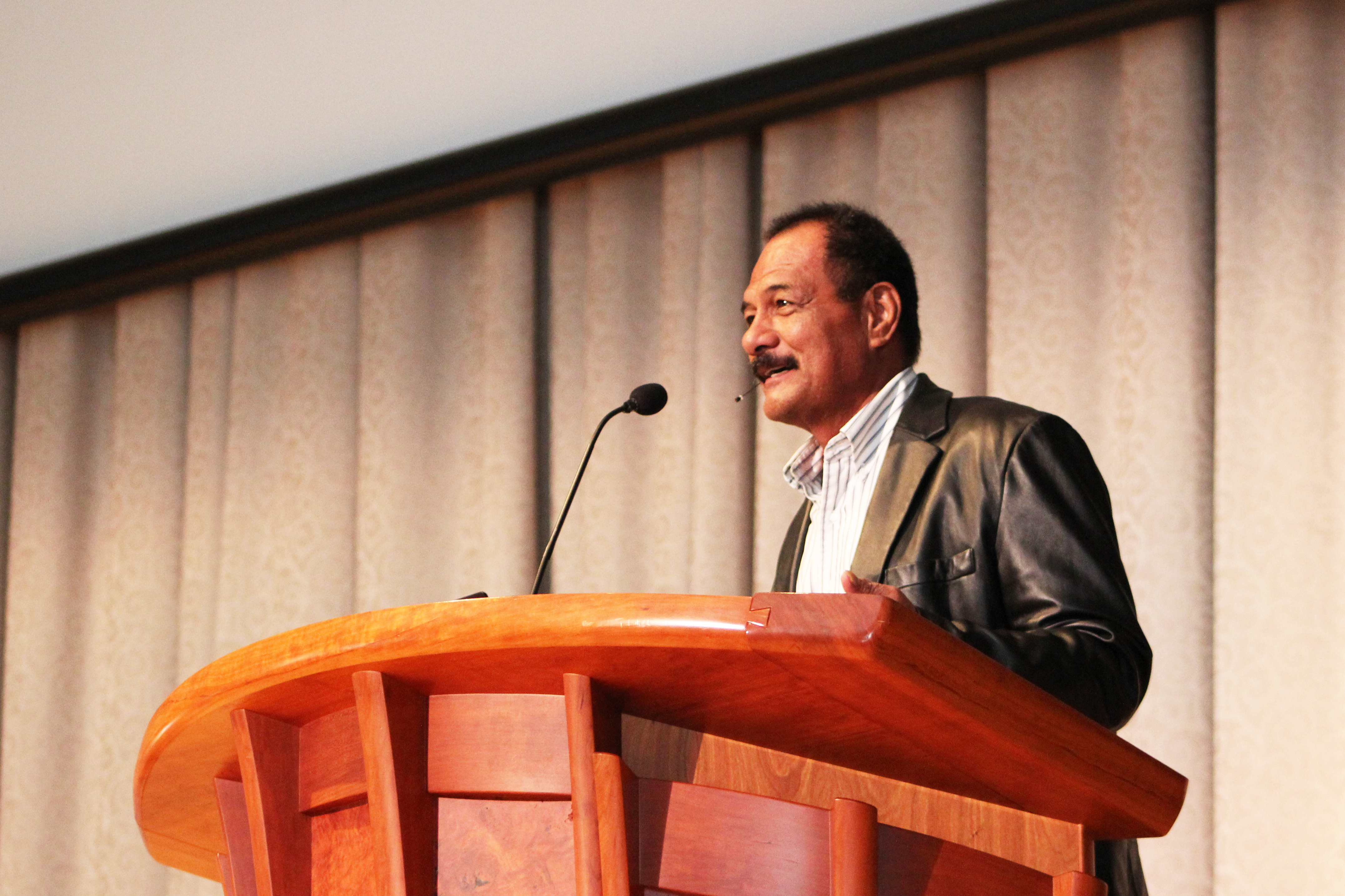Category: Campus
New Vision Week Discusses Missions
This week at Houghton College, New Vision Week, gave students the opportunity to learn explore a call to missions, both…
81 Pounds of Food Wasted
On Tuesday, Houghton College Eco Reps and Sodexo partnered for a “Weigh the Waste” event to raise awareness about food…

Counseling Center to Host Annual Relationship Retreat
This weekend, 22 Houghton College students will travel to Camp Asbury in Silver Lake, NY, to attend the eighth annual…
Faculty Travel to Prestigious Conference
Over the second weekend in October, representatives from the 98 member institutions of the National Network for the Lilly Fellows…
5Bites Obsolete in Dorms
Dorm life at Houghton has changed since last semester. The student body has felt the impact of extended open hours…
TobyMac Concert Draws 220 Prospective Students
TobyMac will perform at Houghton College on Sunday, October 11, along with artists Britt Nicole, Colton Dixon, and Hollyn on…
Solution Proposed for Forest Concerns
“And he shall be like a tree planted by the rivers of water, that bringeth forth his fruit in his…

Notable Director Hired for Spring Production
The English and Communication departments hired notable four-time national touring director Kevin Leary to teach a Theatre Workshop course and…
Greatbatch Welcomes New Dean of School of Music
This summer, The Greatbatch School of Music experienced the resignation of the Dean of the School of Music, Stephen Plate,…

Symposium Focuses on Environmental Justice
For the fifth consecutive year, Houghton College is hosting the Faith and Justice Symposium. This year’s theme is Environmental Justice:…
